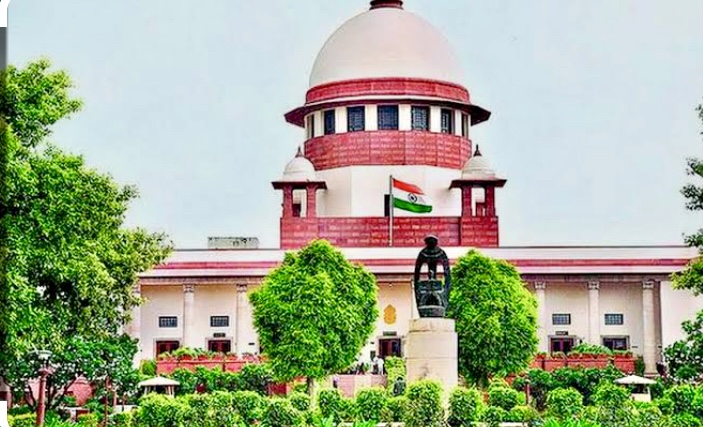The Supreme Court refused to entertain a petition seeking the exclusion of children of Indian Administrative Service (IAS) and Indian Police Service (IPS) officers from Scheduled Castes (SC) and Scheduled Tribes (ST) reservation benefits in Madhya Pradesh. It said the reference to the exclusion of the creamy layer from SC and ST quotas in a seven-judge Constitution bench's August 2024 ruling in the State of Punjab versus the Davinder Singh case was only a view and the legislature has to decide in this regard.
“No mandamus was issued by us. It was a view expressed by one of the judges [in the seven-judge bench] that was endorsed by two other judges. The unanimous view was that sub-classification within SC/ST was permissible,” said a bench of justices Bhushan R Gavai and Augustine George Masih, referring to the view on the exclusion of creamy layer.
The petitioner, Santosh Malviya, approached the Supreme Court after the Madhya Pradesh high court refused to entertain his plea. The high court in December said only the top court could look into the matter as it involved the interpretation of the August 2024 ruling.
The court allowed Malviya to withdraw the plea as his lawyer Siddharth R Gupta said he would like to move a representation to the state government.
As Gupta read from the seven-judge bench ruling, the bench said, “We gave a view that 75 years since the Constitution has come into force, creamy layer should be excluded [from SC/ST]. It is only a view and a decision has to be taken by the legislature.”
Gupta said justices Vikram Nath, Pankaj Mithal, and SC Sharma in the seven-judge bench endorsed Justice Gavai's view in the August 2024 ruling. He said this constituted a majority view of four among the seven judges. Gupta said the remaining judges – then Chief Justice of India DY Chandrachud and Justice Manoj Misra – remained silent on this issue. He said Justice Bela M Trivedi dissented with the majority view by holding sub-classification within SC and ST to be impermissible.
The BuckStopper, run by a group of seasoned journalists, holds the powerful accountable. The buck stops with them, as they cannot shrug off their official responsibilities.
